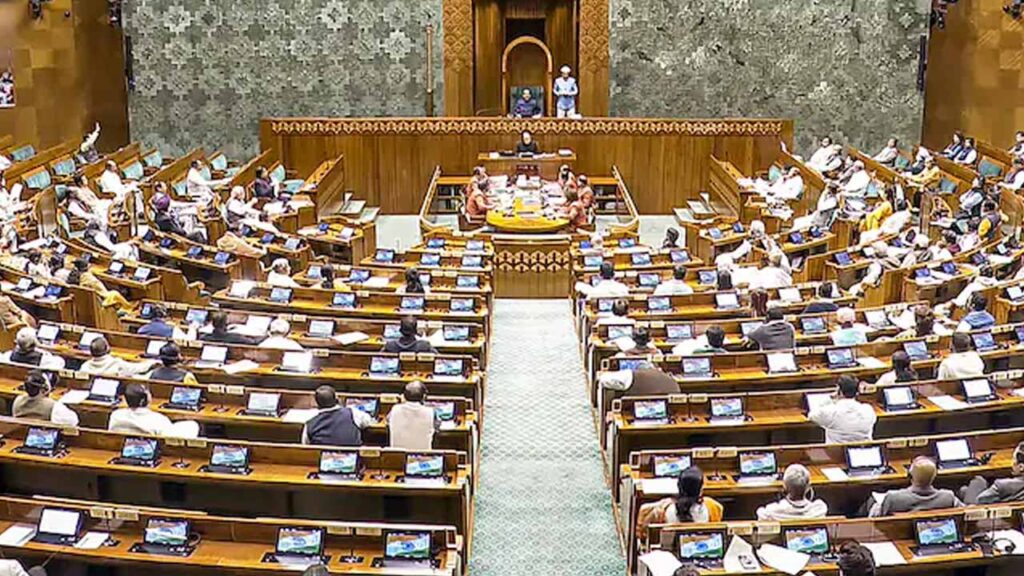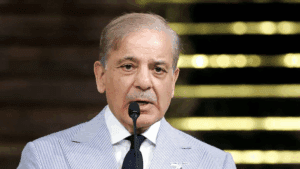The Constitutional (One Hundred and Twenty-Ninth Amendment) Bill, 2024, aimed at holding simultaneous Lok Sabha and assembly elections. Has been listed for introduction in the Lok Sabha. Union Law Minister Arjun Ram Meghwal will present the bill. Which could then be referred to a Joint Committee for wider consultations. This proposal seeks to align elections across states, union territories, and local bodies to reduce the frequency of polls and streamline governance. If passed, simultaneous elections are expected to commence from 2034, following the next Lok Sabha elections in 2029.
Also read: Delhi Strengthens Anti-Pollution Measures as AQI Drops
Key Constitutional Provisions and Implementation Timeline
The bill proposes the addition of Article 82(A) and amendments to Articles 83, 172, and 327 to facilitate simultaneous elections. It specifies that mid-term elections will only fill the remainder of a term if a legislature is dissolved prematurely. The President will notify the “appointed date” for the bill’s provisions to take effect after the Lok Sabha’s first session post-general elections. The measure also ensures that the tenure of legislative assemblies elected after this date aligns with that of the Lok Sabha.
Also read: Shinde to Obtain Affidavits from Sena Ministers Agreeing to Step Down Mid-Term
Opposition’s Concerns Over Federalism and Democracy
The “One Nation, One Election” proposal has sparked sharp criticism from opposition parties and activists. Who argue it undermines federalism and democratic accountability. Congress, DMK, and Trinamool Congress leaders have labeled the bill as “draconian” and “anti-democratic.” Critics, including Tamil Nadu Chief Minister MK Stalin and West Bengal Chief Minister Mamata Banerjee, have warned of its potential to erode regional voices and disrupt governance. Meanwhile, the government emphasizes that broader consensus is crucial as the legislation impacts states and local bodies.
Also read: ‘I want to kidnap you’: Gurgaon resident shares Uber driver’s frightening text
Challenges in Securing Parliamentary Approval
To pass the bill, the government requires the support of 361 MPs in the Lok Sabha and 154 MPs in the Rajya Sabha. With its current strength, the National Democratic Alliance (NDA) will need backing from non-aligned parties like the YSR Congress Party (YSRCP), Biju Janata Dal (BJD), and AIADMK. While the bill aligns with the BJP’s manifesto. Its fate depends on bridging political divides and garnering sufficient support in both Houses of Parliament.
Also read: Ema Datshi from Bhutan became one of the most searched recipes in India











More Stories
India’s Active Covid-19 Cases Rise Above 2,700; Delhi Records First Fatality
Pak PM: India Fired Brahmos Before Our Retaliation
देहरादून: सूर्यधार रोड पर भिड़ीं गाड़ियां, शख्स को कुचलने की कोशिश; 9 गिरफ्तार